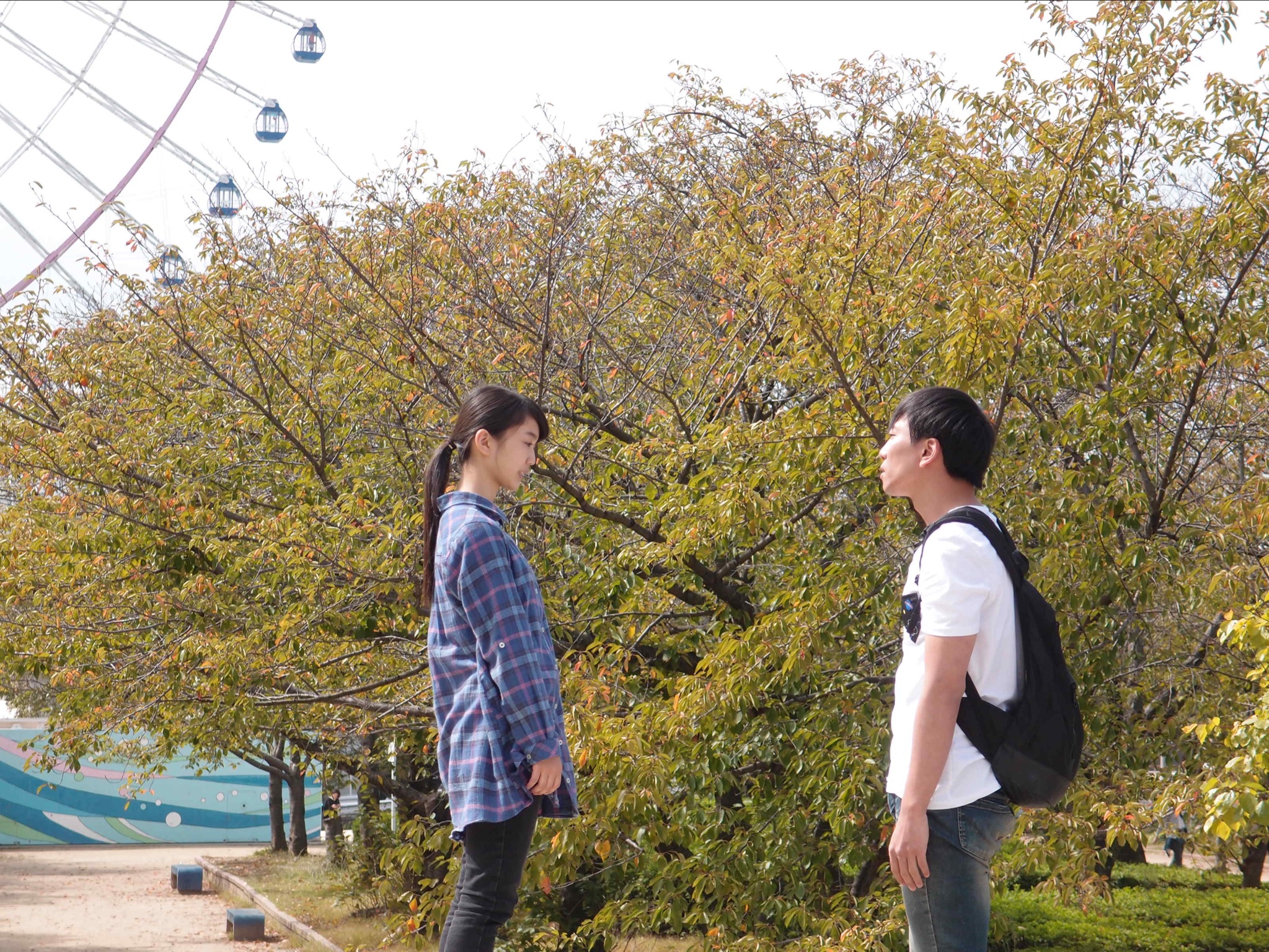Do you know that Amazon started a self online distribution service called Amazon Video Direct in May 2016?
Harakiri Films has been distributing no budget films (Not) Perfect Human directed by Yuki Kuwazuru since July 2016 and Yamamoto Eri becomes Recoverability Zero directed by Yuki Kuwazuru since August 2016 on Amazon Video Direct, and I'd like to evaluate the result so far.
The figures of Vimeo On Demand are included for comparison, but Amazon's figures are much higher as you can see in the chart below. The amount is very small as the royalty of (Not) Perfect Human is only USD 970 in one year at Amazon Video Direct, but I'm pretty much satisfied with the amount for this kind of no budget films.
Royalty per Platform (USD)
Royalty here means the actual amount I got paid from the platforms. Vimeo gives me 90% of the rental price or the selling price, and Amazon gives me 50% of the rental price or the selling price. However, most of the money is coming from Amazon Prime Video which Amazon Prime members can watch the films unlimitedly without additional payment. For Amazon Prime Video, Amazon pays me USD 0.15/hour viewed in the US and USD 0.06/hour viewed in Japan. I only received USD 1.30 from Vimeo in the past one year as only a few people watched the films on Vimeo.
The production budget of (Not) Perfect Human is about USD 1,000, and that of Yamamoto Eri becomes Recoverability Zero is about USD 3,000. However, (Not) Perfect Human is making more money than Yamamoto Eri becomes Recoverability Zero...
I'd like to talk about Amazon only from here, and you can see the monthly royalty amount as below. Yamamoto Eri becomes Recoverability Zero suddenly stuck out in May 2017, but that is because I started selling it in Amazon Japan too in May 2017. I was selling it in Amazon US only until then.
Amazon Video Direct Royalty (USD)
I'd like to talk about (Not) Perfect Human only from here. The chart below is the total royalty amount in each country. At this moment, we can distribute the films in these four countries through Amazon.
(Not) Perfect Human Royalty Amount (USD)
Since (Not) Perfect Human runs 62 minutes, I can assume how many people watched the film by deciding the total amount by royalty per hour. I think many people don't watch it through the whole movie, so the actual number of people who have watched the whole movie should be much less. However, we can get the idea.
(Not) Perfect Human Hours Viewed
What I can say from this chart is that about 13,000 hours have been viewed in one year in Japan, US, UK, and Germany. Since the film is 62 minutes, about 13,000 people may have watched it. USD 1,000 budget film has made about USD 1,000 and has been watched by 13,000 people in one year. That is not bad, right?
I think it is impossible for this kind of films to reach 13,000 people without Amazon Prime Video. Even if I release the full movie on YouTube for free, people don't watch unknown feature films on YouTube. Even if I release the full movie on Vimeo for free, simply there are not so many people who watch Vimeo regularly.
You can watch (Not) Perfect Human on Amazon Prime Video from the link below, but I would appreciate it if you watch it on Vimeo On Demand as the royalty is higher, hee hee hee...
https://www.amazon.com/Not-Perfect-Human-Kunihiro-Koyama/dp/B01I5UOK9I
Please watch Yamamoto Eri becomes Recoverability Zero too if you like a bit creepy drama!
You can also read this article about Amazon Video Direct by Rebecca Norris:



















